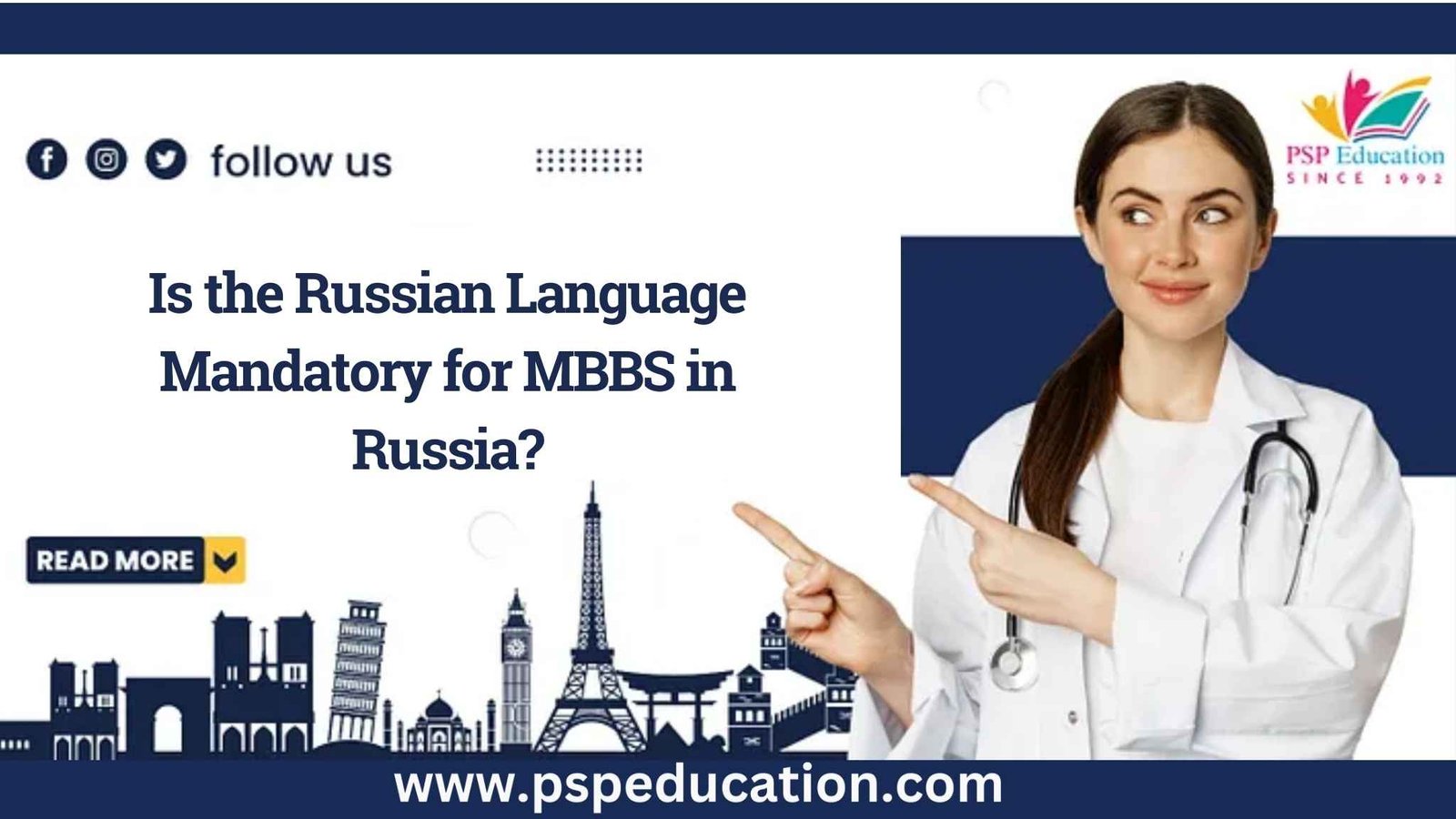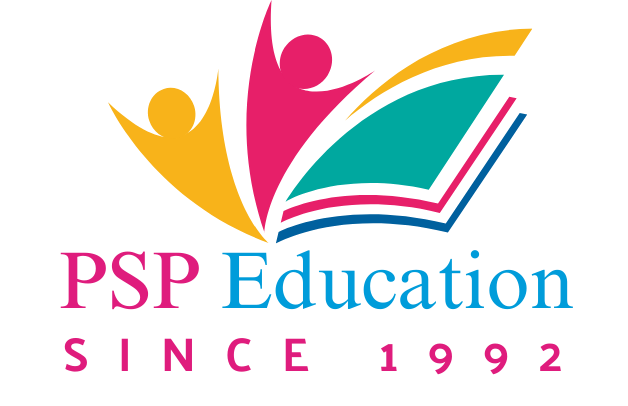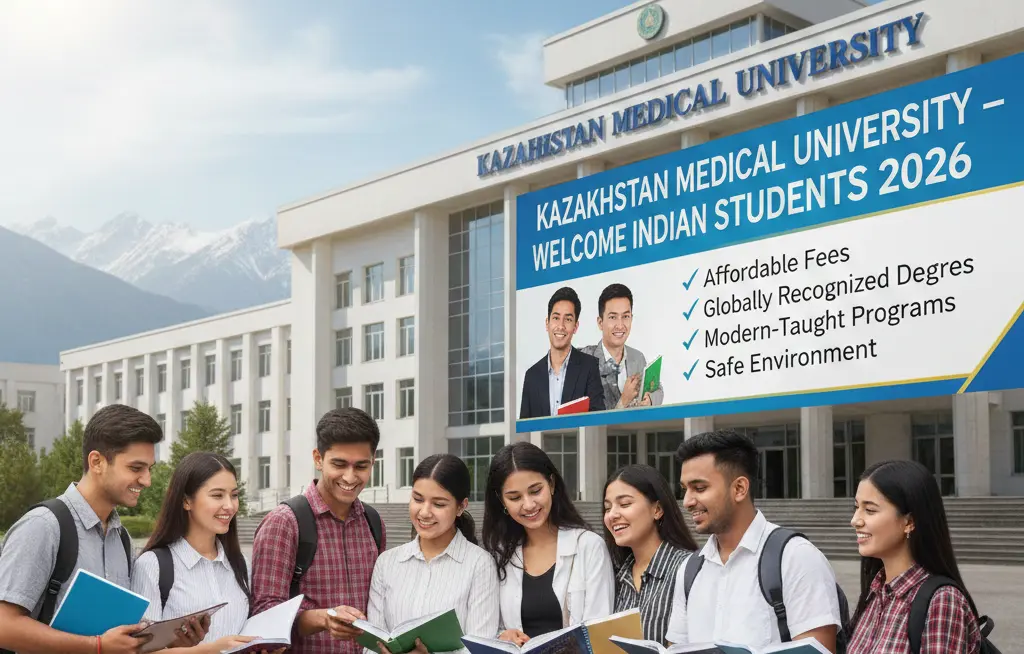Is the Russian Language Mandatory for MBBS in Russia?

Russian Language
Studying in Russia is a popular choice for many international students due to its affordable tuition fees, world-class medical education, and globally recognized degrees. However, a common question that arises is whether learning the Russian language is mandatory for pursuing an MBBS. In this article, we will explore this question and provide a comprehensive understanding of the language requirements for international students.
So many Indian students choose to study MBBS in Russia. For the full admission overview, see our main page on MBBS in Russia.
Understanding the Language of Instruction in Russian Medical Universities
Most medical universities in Russia offer MBBS in Russia programs in two different mediums of instruction:
1. English Medium Programs
Many top medical universities in Russia provide MBBS programs entirely in English for international students. These programs are designed to cater to students from different parts of the world who may not be proficient in Russian. Some key benefits of English-medium programs include:
- No prior Russian language proficiency required.
- Lectures, textbooks, and exams are conducted in English.
- Easier adaptation for international students.
2. Bilingual Programs
Some universities offer bilingual MBBS programs, where the initial years (first 3 years) are taught in English, and the later years involve clinical training in Russian. This structure ensures that students gradually learn Russian while studying their core medical subjects.
3. Full Russian Medium Programs
In a fully Russian-taught MBBS, students must have proficiency in the Russian language. International students enrolling in such programs usually undergo a 1-year preparatory course to learn Russian before starting medical studies.
Is Learning Russian Necessary for MBBS?
Even if you opt for an English-medium MBBS, learning basic Russian can be highly beneficial. Here’s why:
1. Clinical Rotations and Patient Interaction
During the later years of MBBS, students engage in clinical practice at hospitals. Many patients and medical staff communicate primarily in Russian. Having a basic understanding of the language helps in effective interaction with patients and gaining practical experience.
2. Daily Life in Russia
While major cities have English-speaking populations, most day-to-day interactions, such as shopping, traveling, and socializing, require basic Russian communication skills. Learning Russian will help students navigate daily life more smoothly.
3. Better Career Opportunities
If students wish to practice medicine in Russia or neighboring countries after completing their MBBS, knowing Russian becomes essential. Additionally, it can open job opportunities in Russian-speaking regions worldwide.
How Can International Students Learn Russian?
For students who need or wish to learn Russian, universities in Russia provide language training programs. Some of the best ways to learn Russian while pursuing MBBS include:
- Enrolling in university-offered Russian language courses.
- Practicing Russian with local students and faculty.
- Using language learning apps and online resources.
- Immersing in daily conversations with Russian-speaking locals.
Why Choose Us? – PSP Education
At PSPEducation.com, we are committed to helping students fulfill their dream of studying MBBS. Here’s why we are the best choice for you:
- Expert Guidance: We provide personalized counseling to help students choose the best medical university in Russia.
- University Selection: We partner with top-ranked Russian medical universities offering English-medium MBBS programs.
- Admission Assistance: From documentation to visa processing, we assist students at every step.
- Language Support: We guide students on how to learn basic Russian for better academic and social life.
- Post-Arrival Support: We assist with accommodation, medical insurance, and other essential needs upon arrival in Russia.
Conclusion
While learning Russian is not mandatory for all students pursuing MBBS, having basic proficiency in the language can significantly enhance the learning experience, clinical training, and daily life in Russia. Students who choose English-medium MBBS programs can complete their education without Russian fluency, but acquiring some knowledge of the language is always advantageous.
If you are planning to study MBBS, let PSPEducation.com help you find the best university and guide you through the admission process. Contact us today and take the first step towards your medical career in Russia!






